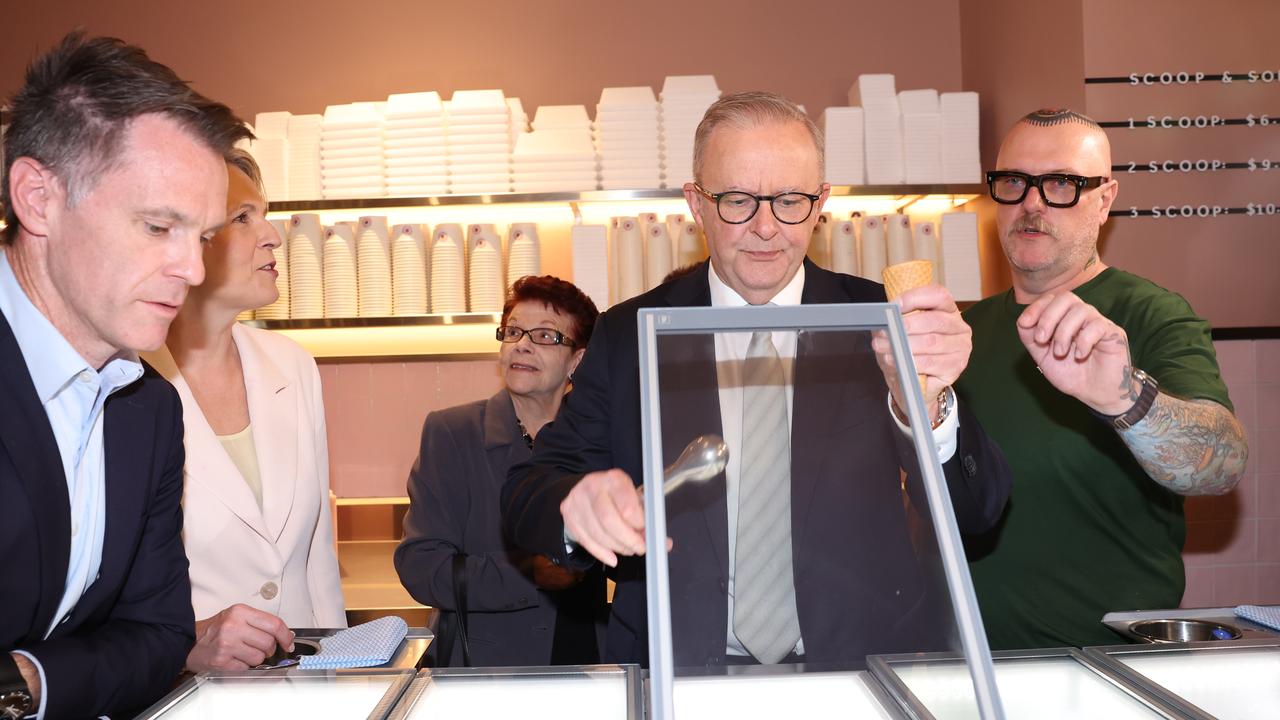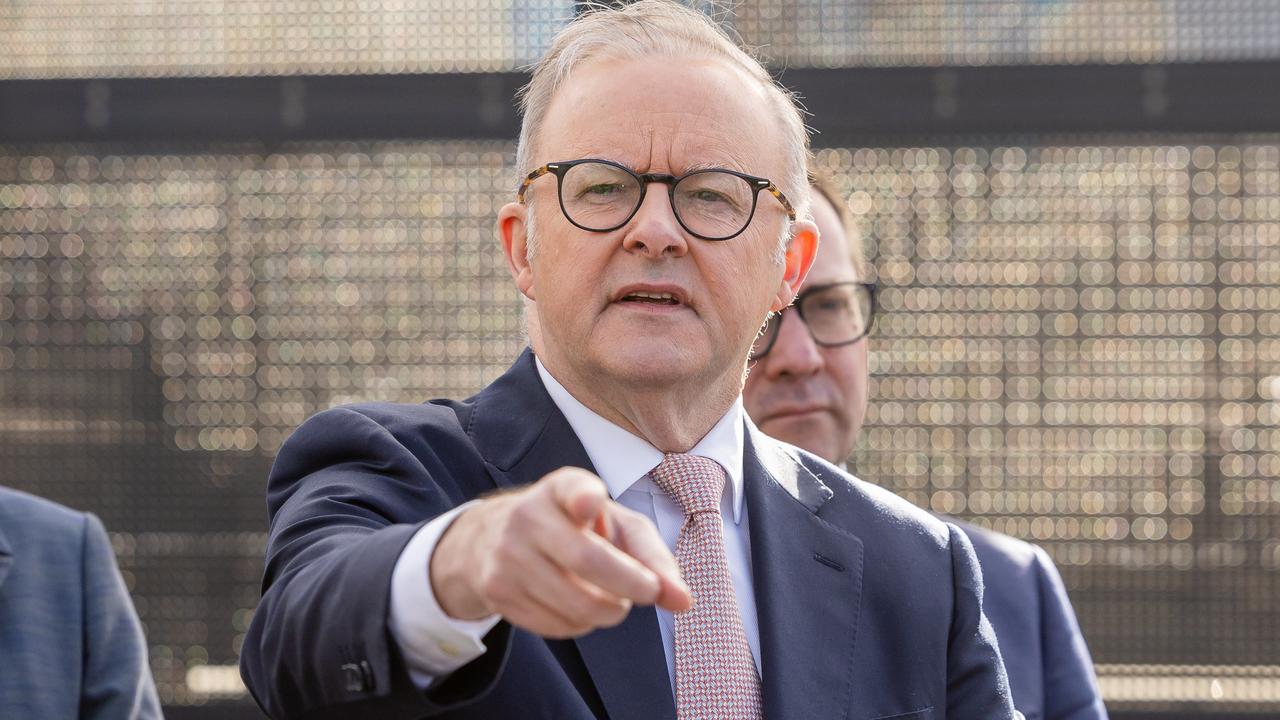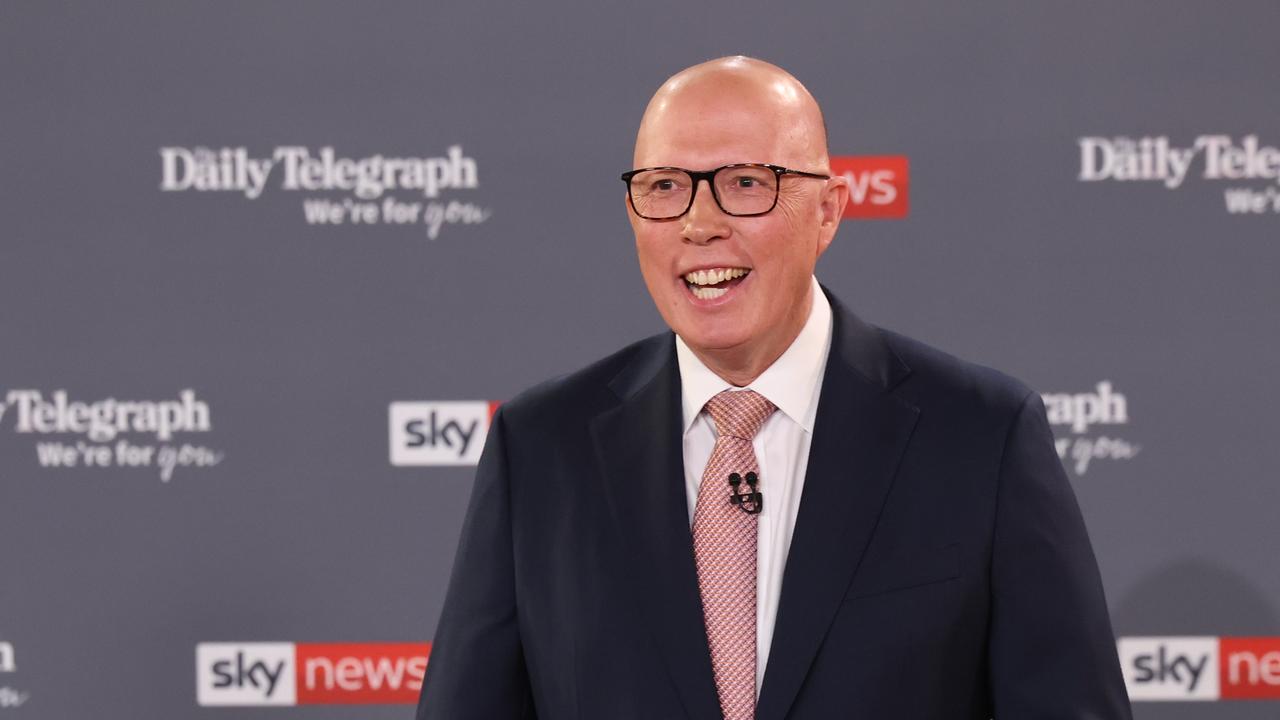How one country could help Aussie healthcare crisis
A strong stock of healthcare workers in one country could help ease Australia’s crisis, experts say.

The answer to Australia’s healthcare crisis could lie in an Indian medical sector brimming with untapped talent, experts say.
Perceptions of Indian healthcare grew negative throughout the pandemic – it was plagued by more than 4000 Covid deaths a day in March 2021 – but the country lays claim to an “extraordinary” private system, pundits say, producing a strong supply of well-trained nurses and doctors.
University efforts to tap into a market stocked with healthcare workers have ramped up in recent times, including La Trobe in Melbourne announcing a partnership with Indian medical conglomerate MedAchievers in December 2021.
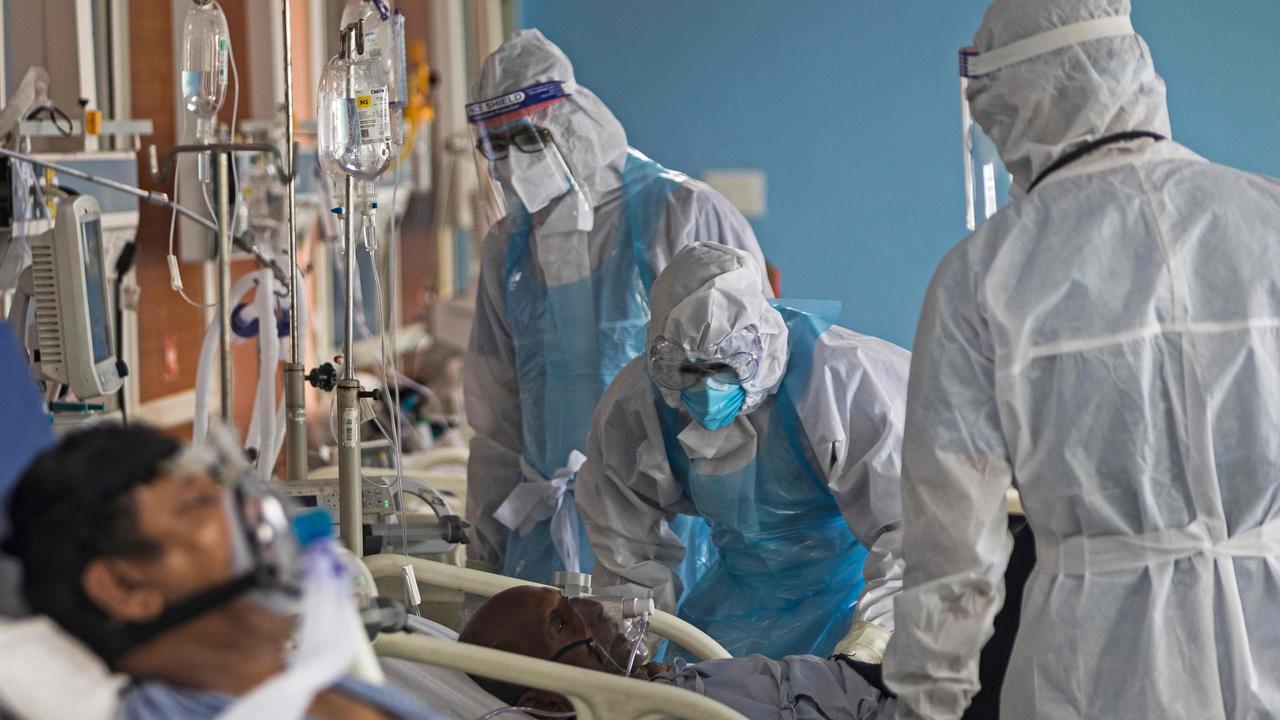
La Trobe University was hopeful of upskilling students and healthcare professionals through the collaboration, with Indian nurses currently restricted by Australian entry requirements.
To become registered in Australia, nurses from India are required to undergo Nursing Board assessment, including a three-month bridging course before a four-month skills assessment.
Policy expert Dr Erin Watson-Lynn suggests adopting greater skills recognition for Indian healthcare workers could help ease Australia’s medical crisis.
“The amount of time you have to spend in a clinical setting in Australia to become qualified – (there are) all these mismatches in being able to actually do it,” said Dr Watson-Lynn, who holds a PhD on Australia-India relations.
“Part of the problem is India has the capability to train excellent healthcare workers. To fill that gap, we should have better skills recognition for nurses and other healthcare workers from India.
“A lot of people in Australia have a very negative perception of healthcare in India and other developing world countries after Covid, however they produce many skilled doctors and nurses.
“I’ve walked through those hospitals in India and they are incredible – there are parts of me that would rather be treated there.
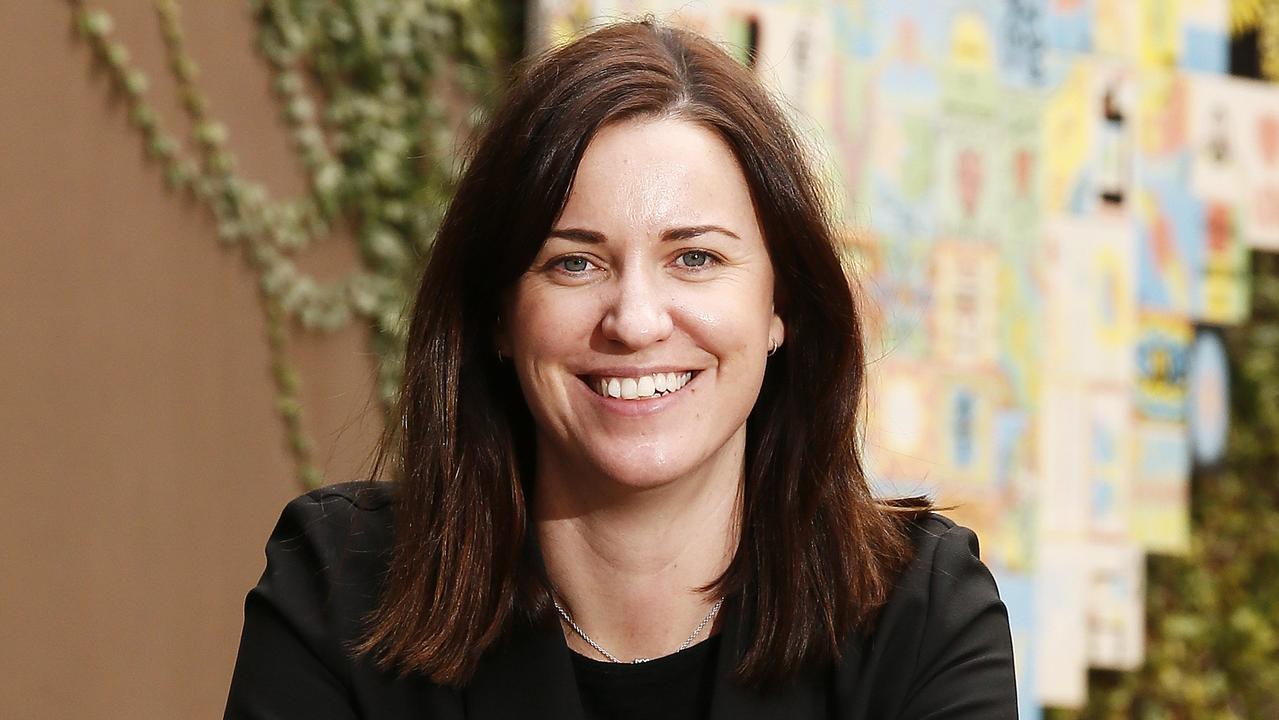
“The public system works where you often have to know someone to get into the hospital.
“(But) there’s the whole private system which is extraordinary, and the quality and standards are very high.”
India’s centralised system and large population means healthcare workers are exposed to huge numbers of very sick patients, Dr Watson-Lynn says, giving them strong training opportunities.
“They get very good training and are probably exposed to a lot more advanced illness than medical students and junior doctors in Australia,” she added.
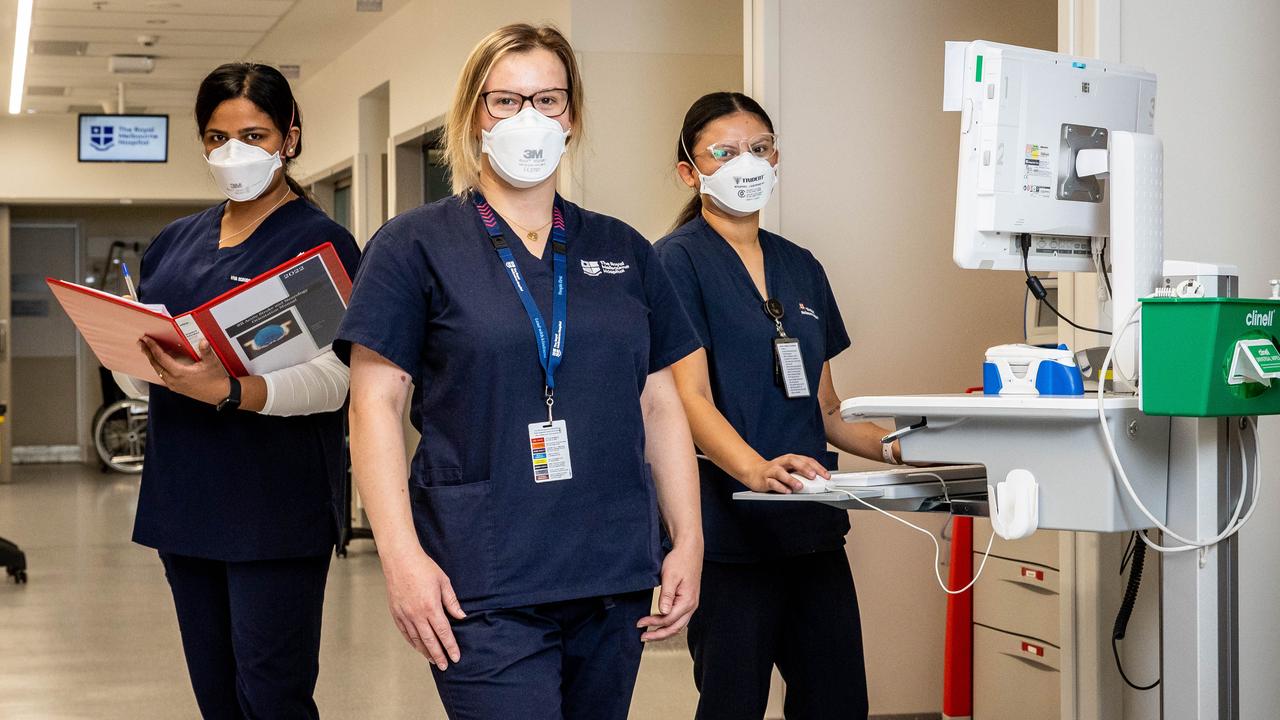
“If you increase numbers of medical and nursing places in Australian universities it’s going to be five years until you get qualified nurses and up to 10 years until you have qualified GPs or specialists.
More Coverage
“There are trained and willing doctors and nurses from India and other countries ready to work, if we can reduce some of the bureaucratic hurdles in the way.”
The healthcare crisis has been well-documented, with Australian College of Emergency Medicine’s Claire Skinner declaring there were “deep structural flaws in the Australian health system” and whistleblowers recently telling the Herald Sun hospitals in Victoria couldn’t even open up all their beds due to a lack of staff and funding.
The Victorian Government on Thursday announced full-time staff in public hospitals and the ambulance service would receive a $3000 bonus payment.



